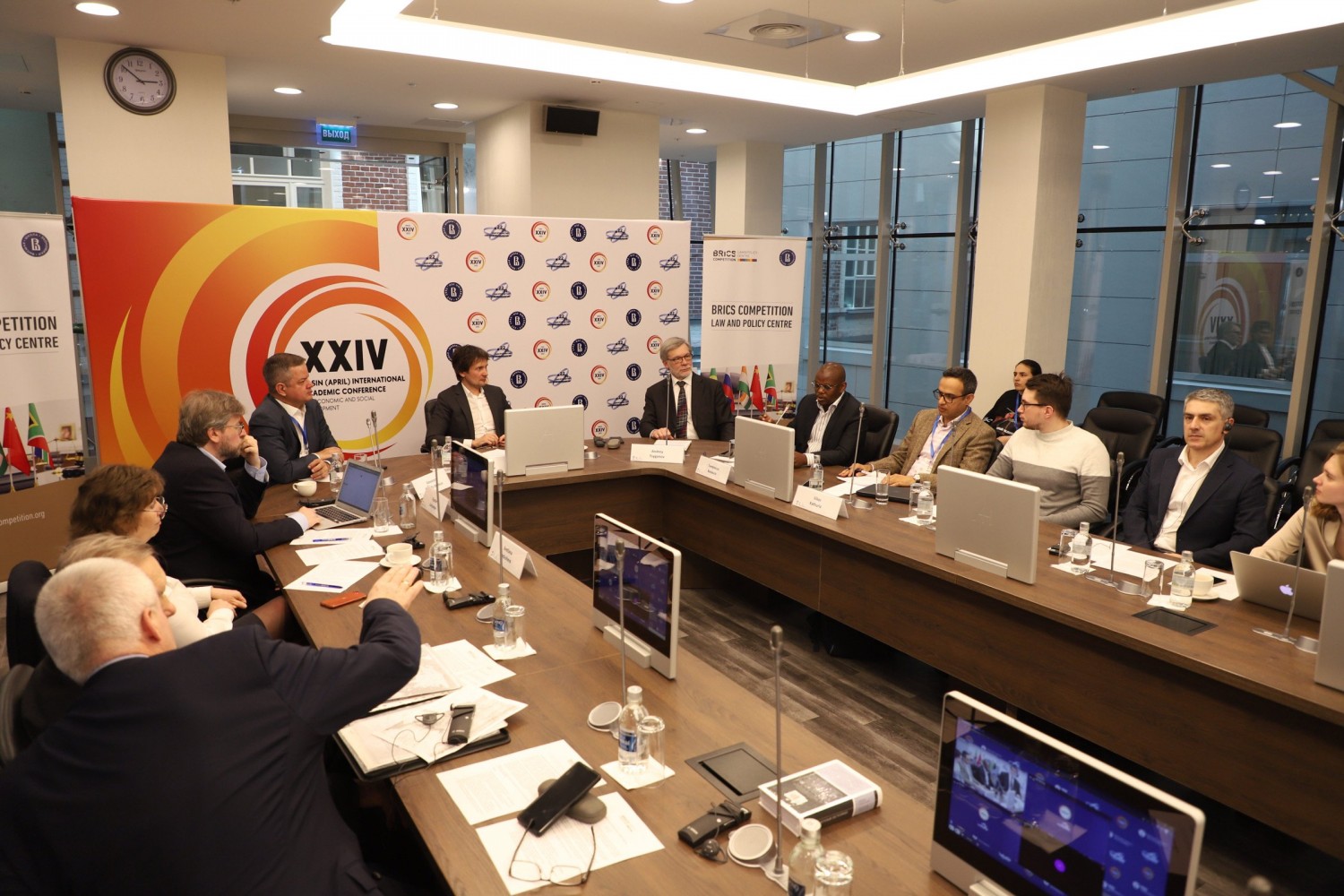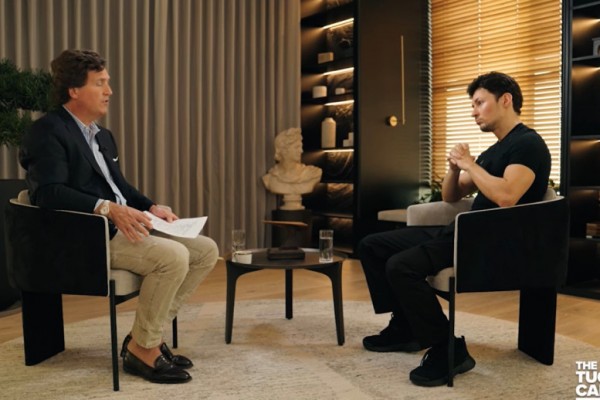During the XXIV Yasin (April) International Academic Conference at the HSE the BRICS International Competition Law and Policy Centre organized a track of events devoted to the antitrust regulation in the BRICS+ countries. Experts and representatives of government agencies noted in particular the need for well-established cooperation and constant exchange of information between the antimonopoly agencies of the association.
Tembinkosi Bonakele, Professor, Wits University, Ex-commissioner of the South African Competition Commission, gave a lecture on "Challenges and Opportunities for South Africa in the New Geopolitical Reality”. Alexandre Barreto de Souza, General Superintendent of the Administrative Council for Economic Defense of Brazil (CADE), delivered an honorary report on "Digital Economy and Competition Protection: International Approaches and Brazilian Experience". In addition, there was a roundtable discussion on “Markets Regulation under Global Uncertainty: the BRICS Perspective".
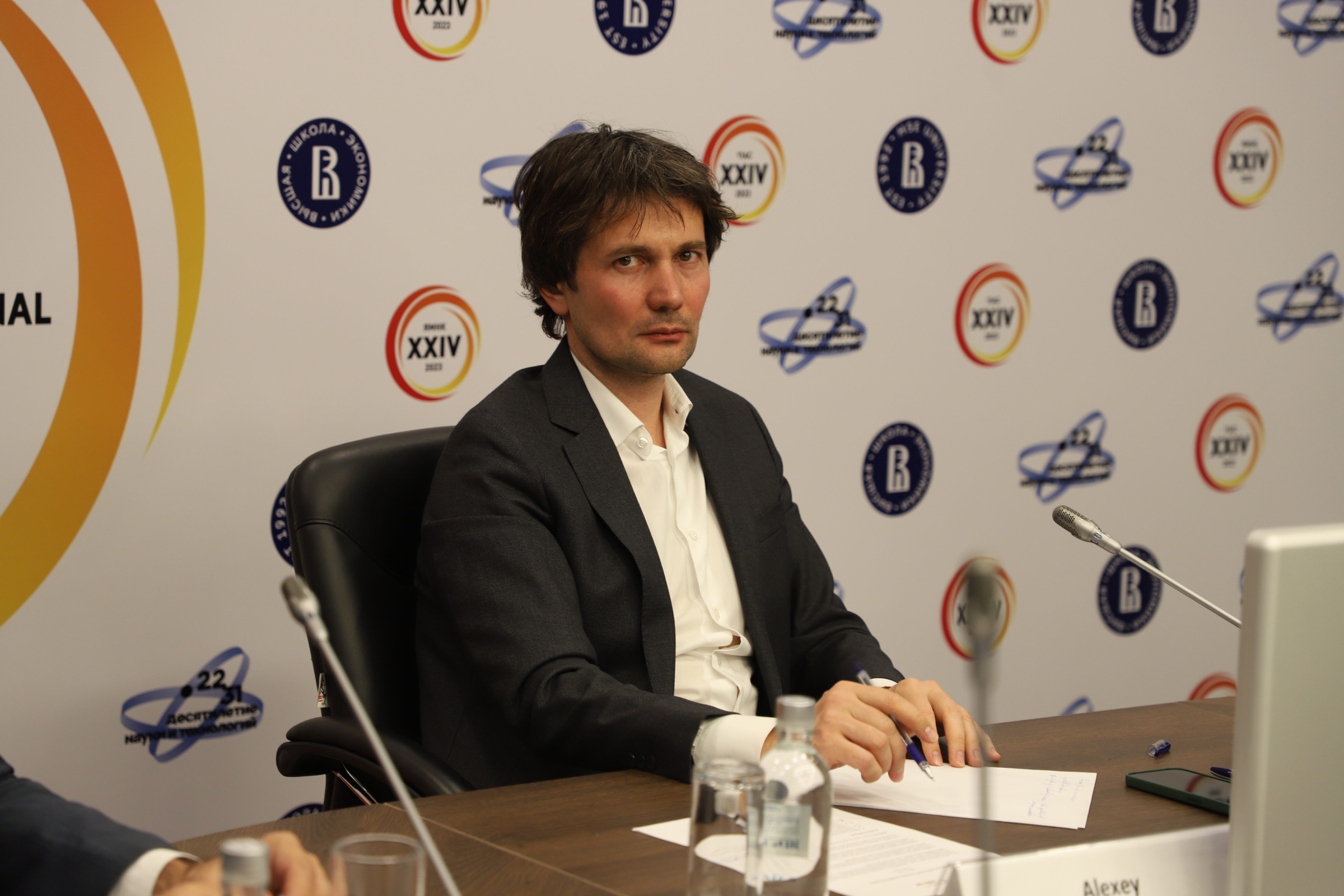
Opening the round table, Alexey Ivanov, Director of the BRICS International Competition Law and Policy Centre (BRICS Competition Centre), said that antitrust law was born amid the uncertainty caused by the major social and economic changes at the turn of the 19th and 20th century and played a notable role in making the economy more sustainable in those circumstances. In post-war Europe, in Russia during the transition to a market economy, in China with the advent of reform and opening up, in South Africa after the fall of apartheid, and in Brazil with the end of the dictatorship, the adoption of anti-monopoly laws helped the economic system to reach a new level of development. Now, with global uncertainty in social and economic life, the role of antitrust law is again being questioned.
Alexandre Barreto de Souza sees potential for overcoming the current crisis in deepening of cooperation in the sphere of competition law. Antitrust authorities of the BRICS countries have been actively cooperating in recent years, which is especially important when it comes to major mergers and acquisitions that affect global markets.
"The Bayer - Monsanto deal is a good example because it allowed us to build effective cooperation and information exchange with FAS Russia and other BRICS agencies. It is very important that we share common principles and speak the same language when we have to deal with cross-border transactions. Therefore a well-established cooperation and continuous exchange of information between our antitrust agencies is necessary,"
said Alexandre Barreto de Souza.
He also emphasized that BRICS is an important format for developing joint positions and discussing new tasks of competition policy. "The BRICS Competition Centre contributes to the deepening of cooperation between the agencies and expert communities of our countries," he added.
Tembinkosi Bonakele noted that over the years of cooperation the BRICS competition community has managed to develop work on many fronts. In particular, a number of important market-specific studies have been conducted. Under the auspices of the BRICS Competition Centre there was a report on new approaches to competition protection in the digital economy and a study on global food chains, which formed the basis of the book published by Cambridge University Press in 2022. Now the BRICS Competition Centre is preparing a new report on the regulation of digital ecosystems, which will be presented at the VIII BRICS Competition Conference in India in October of this year.
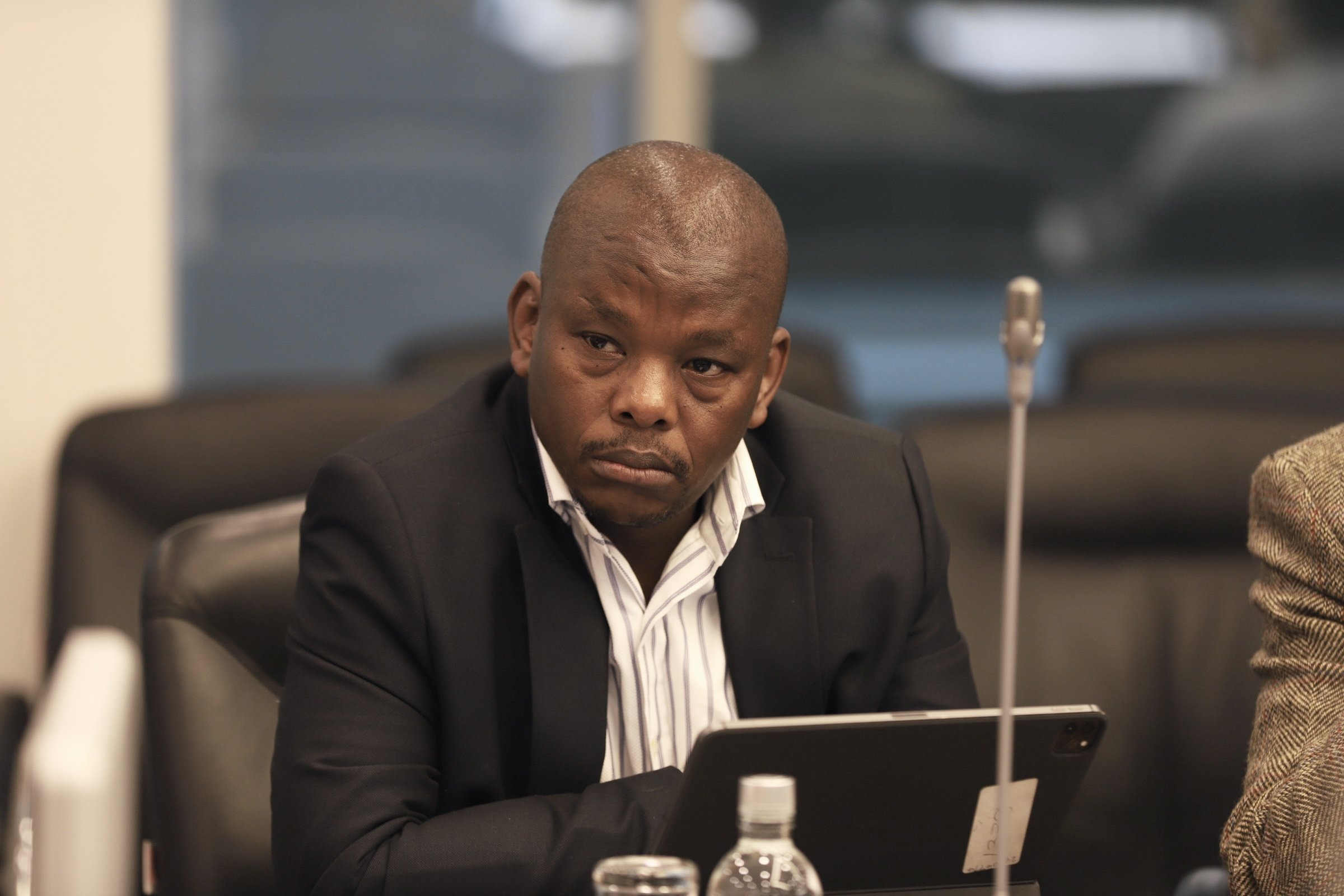
In order to respond more effectively to such challenges as the rapid development of digital markets and turbulence in food and energy markets, it is necessary to deepen cooperation between the competition authorities of the BRICS countries, said Mr. Bonakele.
"An important task now is to strengthen the institutionalization of the BRICS antitrust agenda. This issue is long overdue – the transformation of the BRICS Competition Centre into an international organization following the example of similar platforms of Western countries. It does not necessarily mean that the BRICS Competition Centre should have its own building, but personally I am of the opinion that such an international organization should have its own secretariat in the framework of an inter-governmental agreement,"
he said.
Andrey Tsyganov, Deputy Head of FAS Russia, noted that cooperation with antimonopoly authorities of the BRICS countries is one of the priorities of FAS. In 2016, a Memorandum of Understanding was signed between the competition authorities of the BRICS countries, which was extended indefinitely in 2020. BRICS Working Groups have been formed to research competition issues in socially important markets: pharmaceuticals, food, digital and automobile, with methodological, expert and organizational support provided by the BRICS Competition Centre. In addition, there is a Working Group on Combating Cross-Border Cartels.
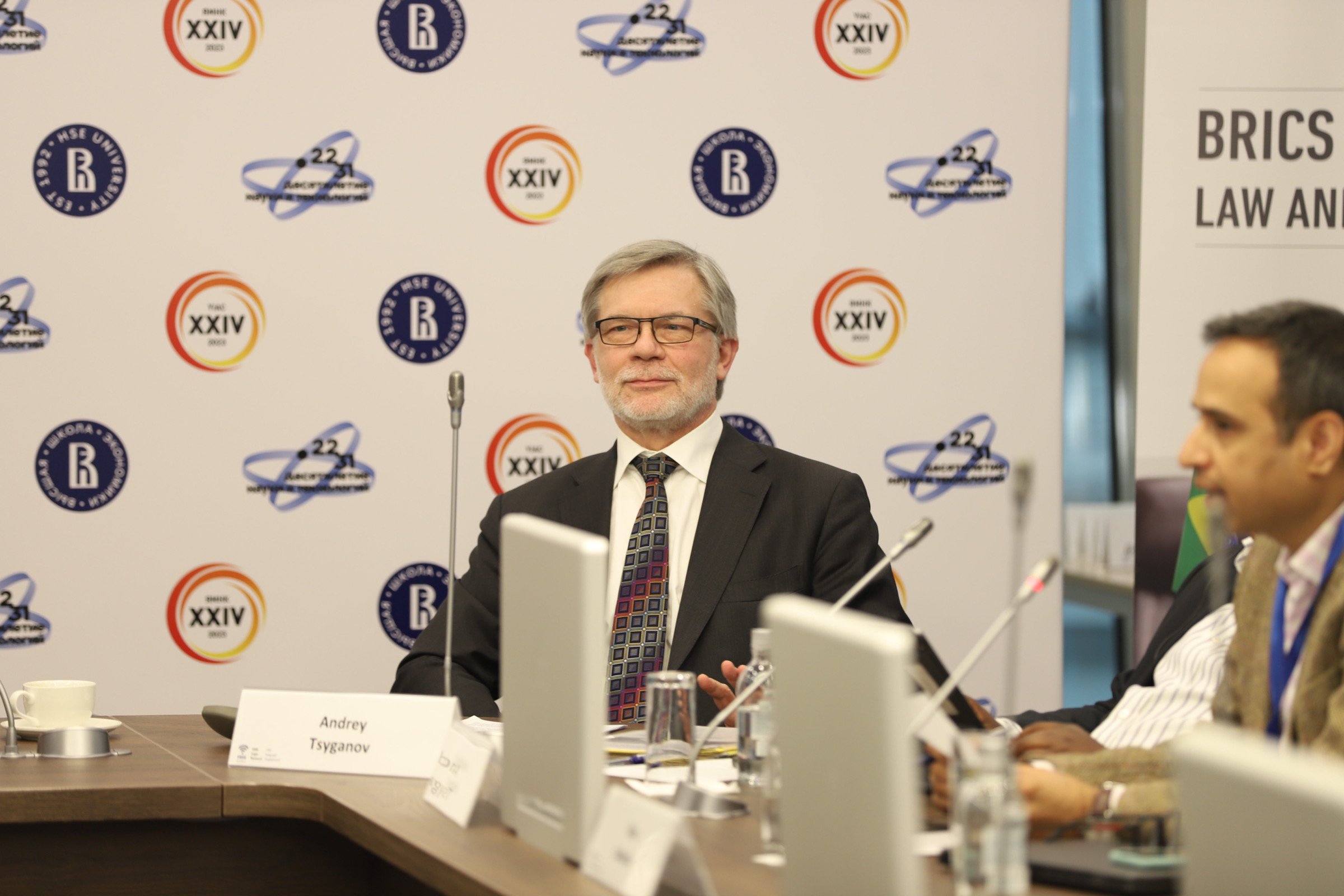
"I am confident that through our joint efforts we will be able to formulate a timely response to the challenges facing the global economy today. We will be able to improve the quality of law enforcement, increase the efficiency of investigations, and promote optimal use of our limited resources for the most effective work in the future,"
Andrey Tsyganov said.
Xu Poling, Professor, Head of the Department of Russian Economy at the Institute of Russian, Eastern European and Central Asian Studies, the Chinese Academy of Social Science, spoke about the peculiarities of antimonopoly regulation in China. Thus, the Chinese competition authorities pay attention to the increased regulation of the platform economy. China's State Council has published Antimonopoly Guidelines for the platform economy, and rulings have been issued against digital giants Alibaba Group and Meituan. The Anti-monopoly Law of the PRC has been updated to meet the challenges of the digital economy. The professor also noted the importance of deepening antitrust cooperation through BRICS.
To overcome the consequences of the pandemic and the disruption of global supply chains, and to ensure competition in digital markets, developing countries need to unite, said Vikas Kathuria, Associate Professor at BML Munjal University Law School.
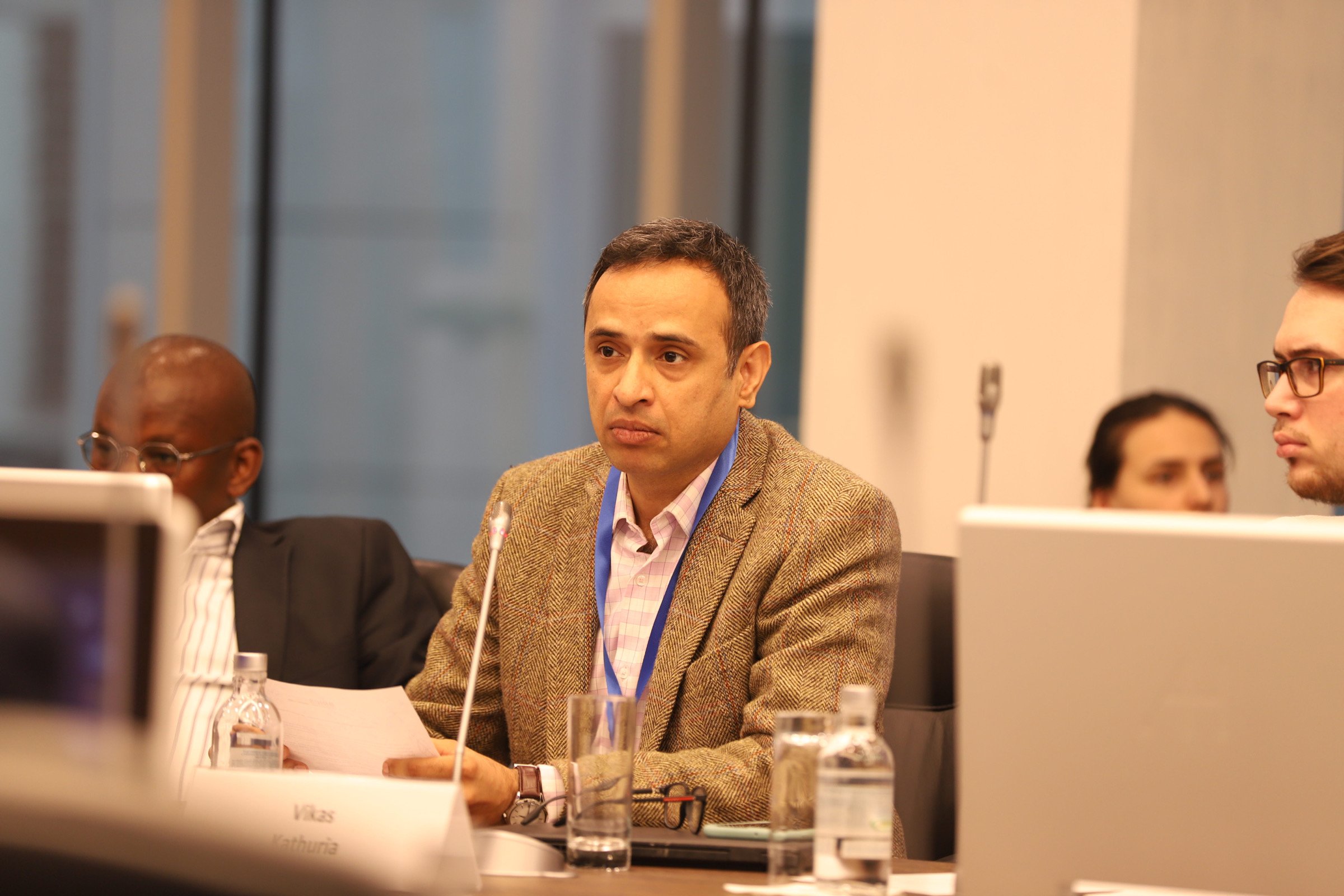
"The BRICS countries need to develop rules that meet the realities of their own markets. We cannot blindly rely on Western solutions. The DMA (Digital Markets Act. - Ed.) developed by the European Commission does not take into account the specifics of our economies, but is imposed on us as the gold standard in this area. We need to think about our own approach, that of the emerging markets,"
he said.
Svetlana Avdasheva, Professor, Faculty of Economics at the HSE, underlined that antitrust cannot fully substitute trade or energy policies, but it can effectively complement them. Moreover, in developing unifying antitrust principles, it is important to take into account the differences between the BRICS economies themselves.
"For example, in Russia, antitrust regulation is largely based on the principles of self-regulation and soft law, which distinguishes our approach from the more active and rigid regulation in the United States and in other BRICS countries, say China,"
she noted.
At the end of the session Fyodor Lukyanov, Editor-in-Chief of "Russia in Global Affairs" magazine, Research Professor, Faculty of World Economy and International Affairs at the HSE, drew attention to the usefulness of theories developed in antitrust law for understanding the processes taking place now in international relations:
"Expressed in terms of competition law, we see the end of a long period of monopolization of international relations and the transition to an unrestrained competitive struggle. The duopoly of the Cold War period and the monopoly of one country in the Washington Consensus period were more understandable and familiar formats of work for internationalists, while the state of unrestrained competition of all with all turned out to be incomprehensible to us. How to channel this competitive process in a positive direction, or how to take advantage of these positive aspects of universal competition, is the most pressing question for internationalists today."
Alexey Ivanov drew the line at this point:
"Global uncertainty does not allow anyone to live by inertia, sticking to the usual approaches. Only a lively, adaptive regulation of the economy in these conditions will enable a new round of economic system evolution. Willingness to experiment and to find non-trivial solutions has become a distinctive feature of cooperation between competition authorities of BRICS countries. Hopefully, we will maintain this adaptability during the next phase of institutionalization of the BRICS Antimonopoly Center - at least that is what the markets and the societies of our countries expect from us, as today's session demonstrated,"
Source: HSE Daily
